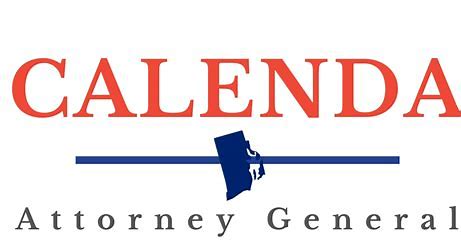
Once again, in pure political fashion, the Attorney General has attempted to prevent Rhode Island courts from definitively deciding the issue of COVID-19 mandates via executive order by asking the Superior Court to dismiss the challenge to school mask mandates on the grounds that the challenge is now moot by virtue of the Governor’s most recent orders. In other words, Peter Neronha’s office has said to the courts, “Your Honor – no need to decide the case. The mandate is over on March 4th so there’s nothing left to decide.” Even one having a passing knowledge of constitutional law knows that this isn’t necessarily true.
The doctrine of mootness has several exceptions noted by the United States Supreme Court, nearly all of which could be, and likely are, applicable in the matter of Southwell et. al vs. Daniel J. McKee. The most relevant exceptions, as pointed out by constitutional law professor Stephen Wermiel, are:
- Cases that involve circumstances that exist only for a short, fixed time period and that may be over by the time the litigation reaches the Supreme Court – either of the United States or a court a last resort in each individual state. In Rhode Island, that is the Rhode Island Supreme Court.
- Cases that “are capable of repetition, yet evading review.” In other words, if the issues may arise again and will often or always face timing challenges, the courts should not dismiss such cases for mootness and may continue to hear the litigation.
- When the defendant in the case voluntarily decides to cease the contested practice, or in this case regulation, that is the basis of the lawsuit, because since the cessation was voluntary, it could be resumed after the case would be dismissed as moot. Courts are often weary of granting motions to dismiss for mootness in these situations.[1]
[1] Wermiel, Stephen, Battling Over Mootness, SCOTUSblog (August 19th, 2019)
, https://www.scotusblog.com/2019/08/scotus-for-law-students-battling-over-mootness/
Here, R.I.G.L. §30-15-9 is still on the books as law, which would ostensibly allow the Governor to reimpose a new emergency upon a change of circumstances with COVID-19 and issue new accompanying executive orders. While each “new” emergency is now limited to no more than six (6) months without General Assembly approval, that short and fixed time period is almost never enough time to get a challenge to the court of last resort for a final determination. As such, the issue of mask mandates being issued under the auspices of this emergency authority falls squarely within all three relevant exceptions to the mootness doctrine. The Attorney General knows this but does not want this hot-button issue to hurt him politically during this election season. Therefore, he would rather the court not prolong the litigation so he can move on to patting himself on the back for his recent regulatory decisions – decisions which frankly weren’t difficult decisions to make at all.
The Superior Court should reject this cynical, political ploy by the Attorney General and decide the challenge to this largely undefined legal issue on its merits before the Governor changes his mind again and decides to reimpose new mandates when the political winds change.








Comments